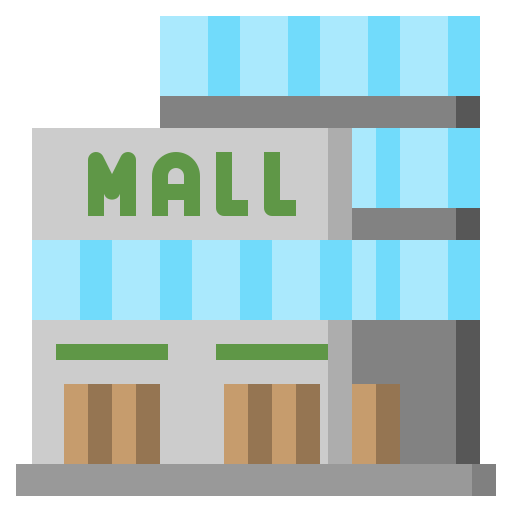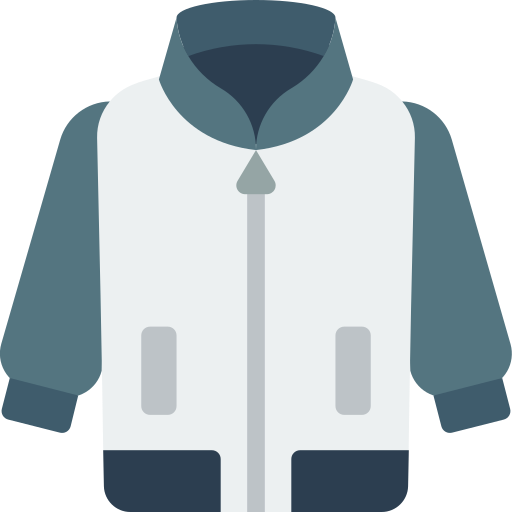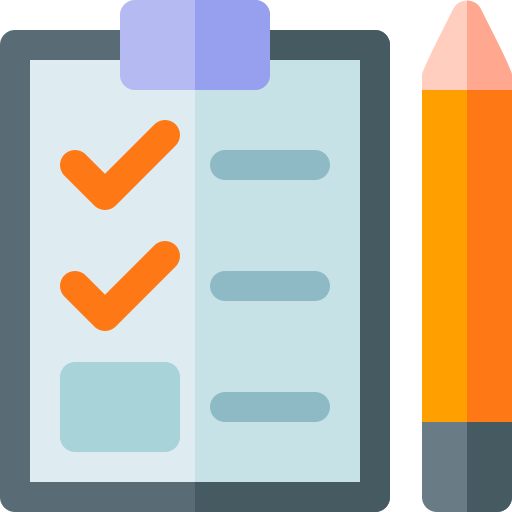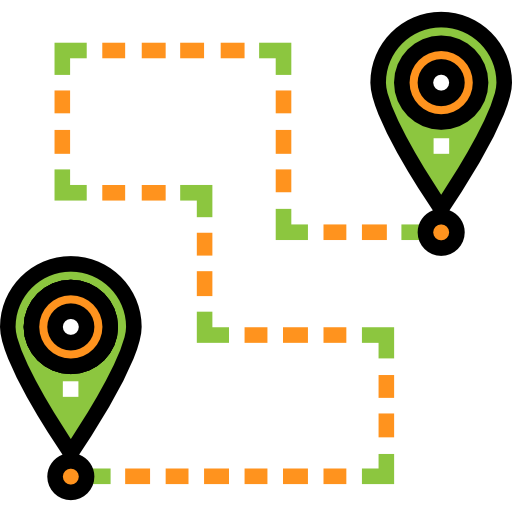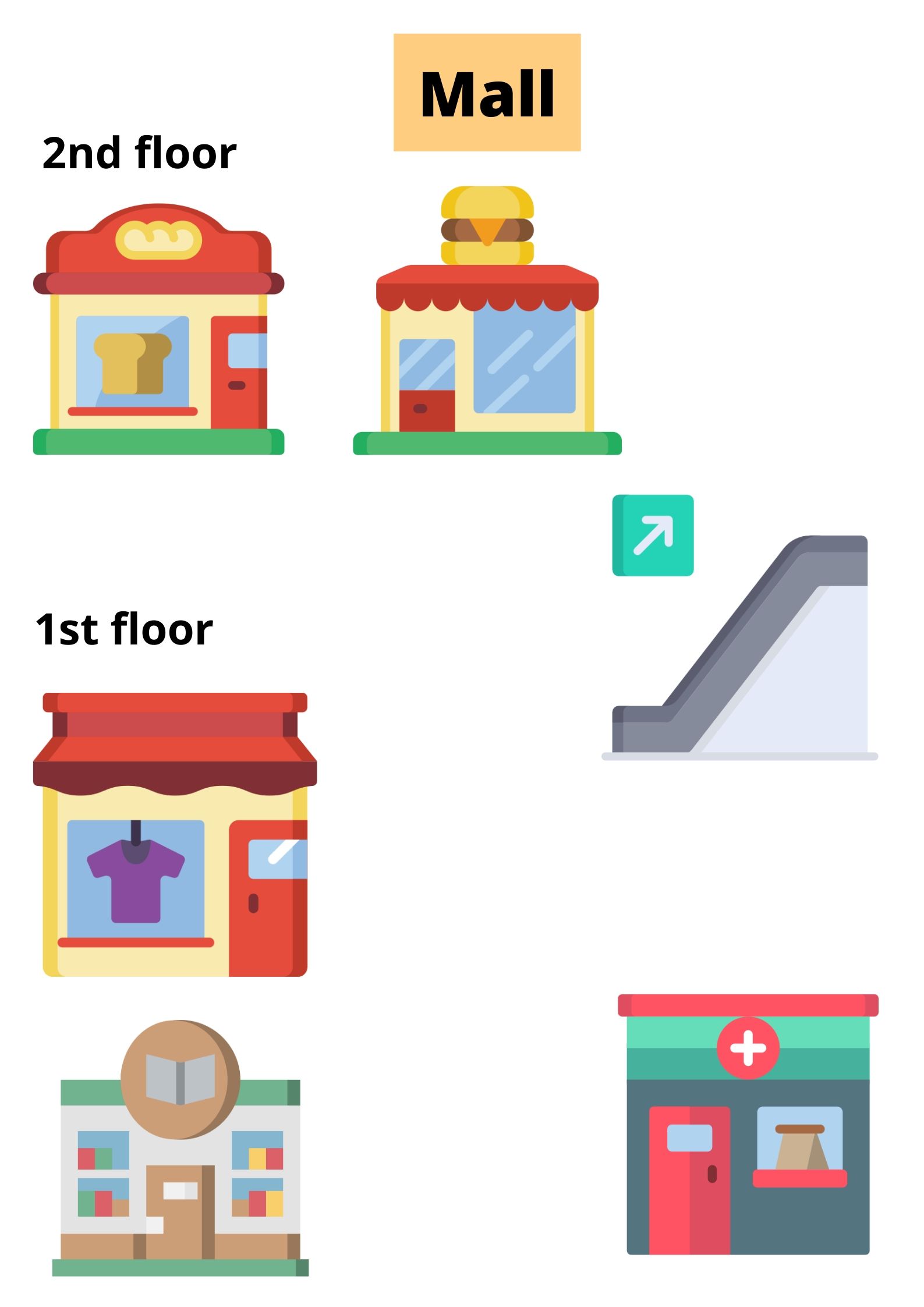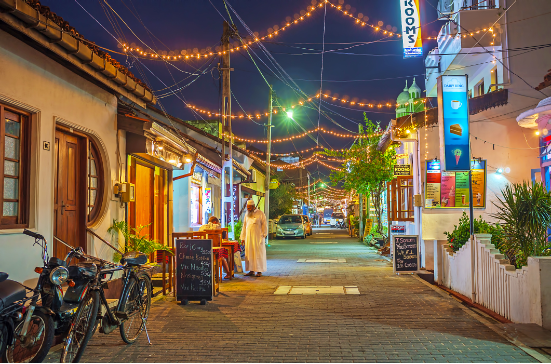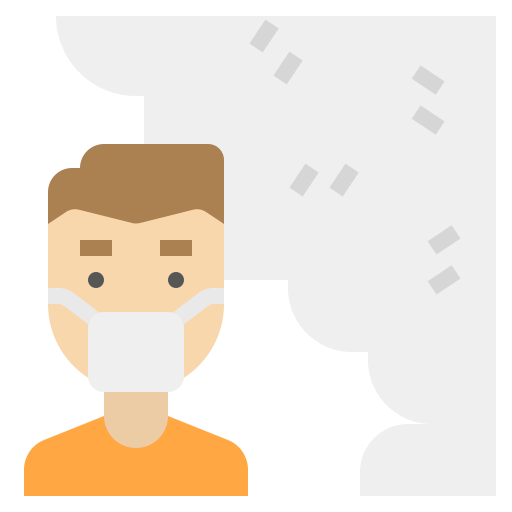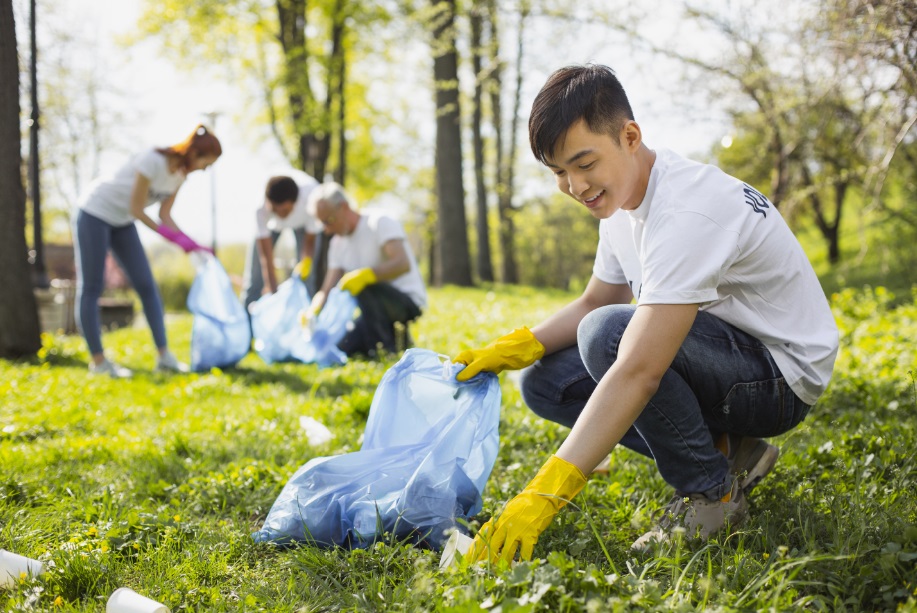PART A_1
Let’s introduce ourselves to each other.
PART A_2
My name is ________________. What is your name?
PART A_3
I am ________________. Nice to meet you.
PART A_4
Nice to meet you too, ________________. What do you want to do after school?
PART A_5
PART A_6
I see. Now, let’s begin our lesson!
PART B_1
Please look at the picture. Then, give 5 things that you see in the picture.
(If your student is having a hard time to answer, please point at each item in the picture and ask your student what each item is.)
PART B_2

| Word 1: | |
| Word 2: | |
| Word 3: | |
| Word 4: | |
| Word 5: |
PART B_3
Now, let’s review your answers.
(Please review your student’s answers by sending the correct answers.)
PART B_4
PART C_1
I will ask the following questions. Please answer based on the picture below. I will check if your sentences are complete and if the grammar is correct.
PART C_2

| 1. | Where is the woman? |
| Answer: | |
| 2. | What is she doing? |
| Answer: |
PART C_3
Now, let’s review your answers.
(Please review your student’s answers by sending the correct answers in complete sentences. After that, ask your student to read aloud his or her corrected answers.)
PART C_4
PART D_1
We will read aloud the dialogue below twice. I will check your pronunciation and intonation.
First, let’s read aloud clearly and slowly to check your pronunciation. Second, let’s try to read aloud at a natural speed.
First, let’s read aloud clearly and slowly to check your pronunciation. Second, let’s try to read aloud at a natural speed.
PART D_2
|
Lauren:
|
Hi, Eli. Where are you going? |
|
Eli:
|
I am going to the bank to withdraw because I run out of cash. |
|
Lauren:
|
You can find an ATM at the corner across the street. |
|
Eli:
|
Thanks! By the way, there’s an ongoing sale at the shoe store near our office and they mark down the price of the pair of shoes. If I had enough cash earlier, I would have bought it. |
|
Lauren:
|
Really? Let’s go back later and see if it is still available. |
|
Eli:
|
That’s a good idea. See you later! |
At the shoe store
|
Lauren:
|
Have you seen if the pair of shoes is still available? |
|
Eli:
|
Yes, I have and it is still available. I am going to buy it now. How about you, is there anything you want to buy? |
|
Lauren:
|
Great! I am thinking of getting this pair of shoes. It says here buy one, get one for free. |
|
Eli:
|
That’s a nice deal! |
|
Lauren:
|
I would love to give the other pair to my sister but she would not come back until next year. |
|
Eli:
|
Then, you may just keep it until she gets back and give it to her as a surprise gift. |
PART D_3
Now, we’ll fill in the blanks and read aloud the dialogue. I will be Lauren, and you will be Eli. After reading it once, we’ll switch roles. I will check your pronunciation and intonation.
(Please send the mispronounced words and expressions to your student.)
PART D_4
|
Lauren:
|
Hi, Eli. Where ___________ going? |
|
Eli:
|
I am going to the bank to withdraw because I _____ out of cash. |
|
Lauren:
|
You can find an ATM at the corner across the street. |
|
Eli:
|
Thanks! By the way, there’s an ongoing sale at the shoe store near our office and they mark _______ the price of the pair of shoes. If I ______ enough cash earlier, I would have bought it. |
|
Lauren:
|
Really? Let’s go back later and see ____ it is still available. |
|
Eli:
|
That’s a good idea. See you later! |
At the shoe store
|
Lauren:
|
Have you seen _____ the pair of shoes is still available? |
|
Eli:
|
Yes, I ________ and it is still available. I am going to buy it now. How about you, is there anything you want to buy? |
|
Lauren:
|
Great! I am thinking of getting this pair of shoes. It says here buy one, get one for ________. |
|
Eli:
|
That’s a nice deal! |
|
Lauren:
|
I would love to give the other pair to my sister but she ___________ not come back until next year. |
|
Eli:
|
Then, you may just keep it until she gets back and give it to her as a surprise gift. |
PART D_5
Now, let’s review some words and sentences from part D_4.
(Please review the mispronounced words and expressions from part D_4.)
PART D_6
PART E_1
Now, please fill in the blanks to answer the following questions about yourself.
PART E_2
| Tutor: | If you were at home now, what would you be doing? |
| Student: | If I ________ at home, I would be ____________. |
| Tutor: | What would you do if you won the lottery? |
| Student: | If I won the lottery, I would _______________. |
PART E_3
Now, let’s review your answers.
(Please review your student’s answers by sending the correct answers in complete sentences. After that, ask your student to read aloud his or her corrected answers.)
PART E_4
PART F_1
Now, you will ask me questions. Please fill in the blanks to ask the questions below.
PART F_2
| Student: | If you _________ a teacher, what would you be doing? |
| Tutor: | If I weren’t a teacher, I would __________________ |
| Student: | If you ________ go anywhere in the world, where would you go? |
| Tutor: | If I could go anywhere in the world, I would ________________. |
PART F_3
Now, let’s review your answers.
(Please review your student’s answers by sending the correct answers in complete sentences. After that, ask your student to read aloud his or her corrected answers.)
PART F_4
PART G_1
Now, please fill in the blanks to answer the following questions.
I will check if your sentences are complete and if the grammar is correct.
I will check if your sentences are complete and if the grammar is correct.
PART G_2
|
1. |
If you could go back in time, what would you do? | |
|
Answer:
|
. | |
|
2. |
If you had one million dollars, what would you spend it for? | |
|
Answer:
|
. | |
|
3. |
Where would you live if you could live anywhere? | |
|
Answer:
|
. | |
|
4. |
If you were given three wishes, what would you wish for? | |
|
Answer:
|
. | |
|
5. |
What would you do if you lost all your money? | |
|
Answer:
|
. | |
|
6. |
If you had enough money to help anyone, who would you help? | |
|
Answer:
|
. | |
|
7. |
What would you do if you were the richest person in the world? | |
|
Answer:
|
. |
PART G_3
Now, let’s review your answers.
(Please review your student’s answers by sending the correct answers in complete sentences. After that, ask your student to read aloud his or her corrected answers.)
PART G_4
PART H_1
Let’s do a free talk.
(Please do a free talk if you have time left.)
PART H_2
Tell me about the importance of saving money.
PART H_3



